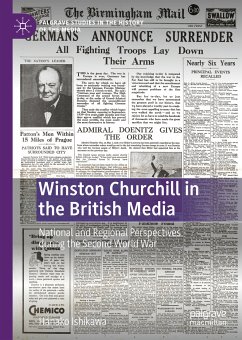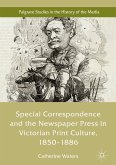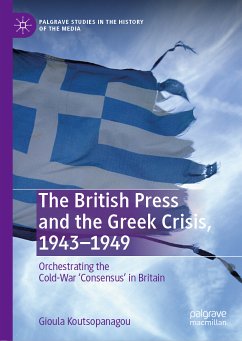The book explores how Churchill was portrayed in the UK press during the Second World War, comparing his depictions in Scottish, Welsh, Northern Irish, and provincial English newspapers. By using a variety of newspapers from these areas, it examines local opinions about Churchill at the time he was the wartime prime minister. It analyses how Churchill was received and depicted by newspapers in the UK and why differences in these depictions emerged in each area. It contributes to the study of public opinion in the war and of Churchill's reputation, of the British media, as well as to the study of the notion of Britishness, focusing on local perspectives.
Dieser Download kann aus rechtlichen Gründen nur mit Rechnungsadresse in A, B, BG, CY, CZ, D, DK, EW, E, FIN, F, GR, HR, H, IRL, I, LT, L, LR, M, NL, PL, P, R, S, SLO, SK ausgeliefert werden.









